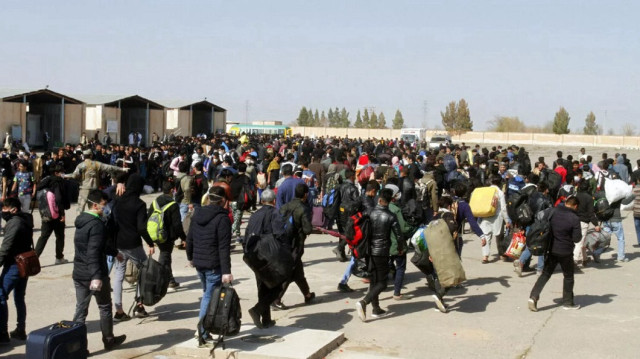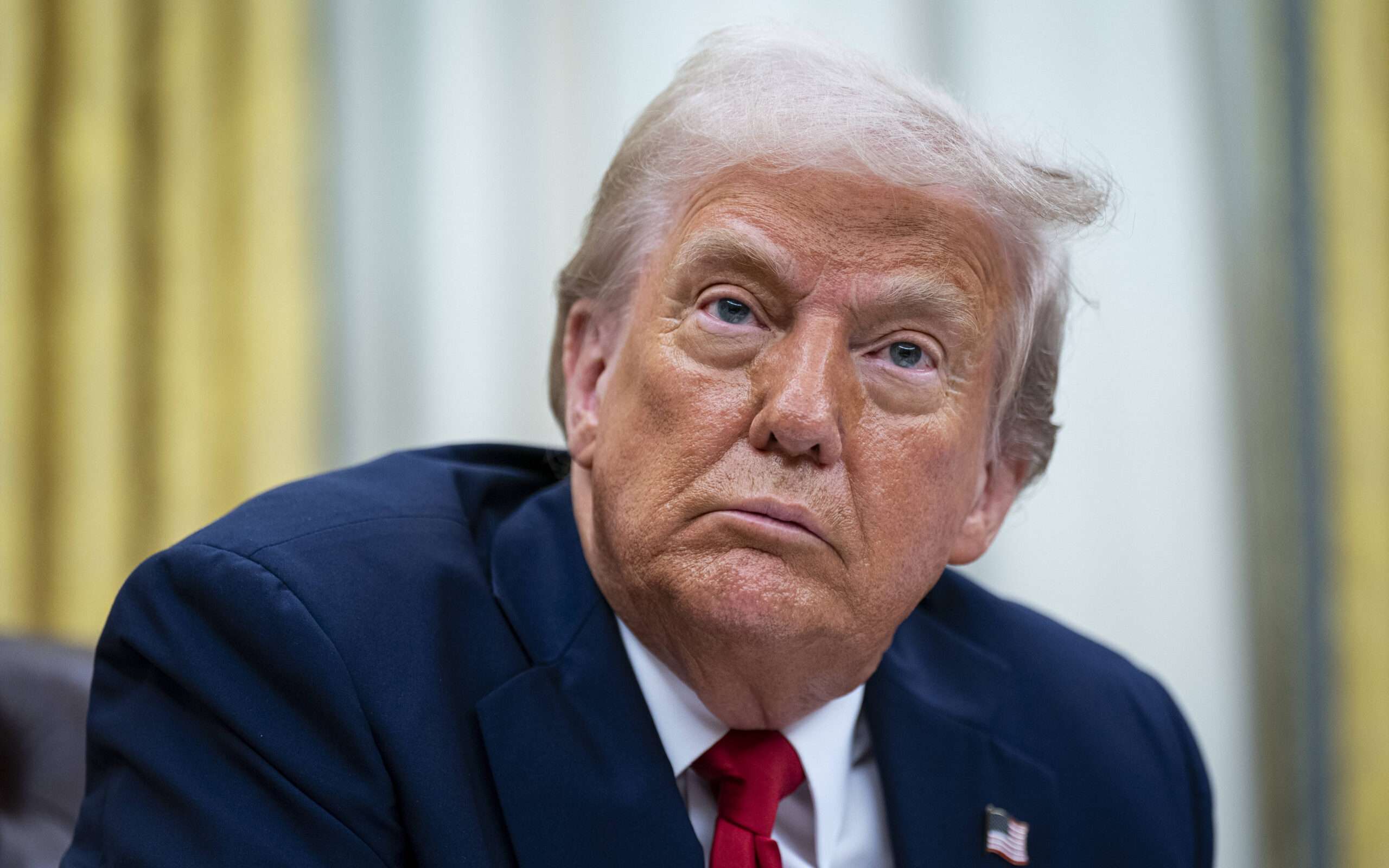Argentina Economic Reforms: A Turning Point?
As Argentina grapples with its economic crisis, significant IMF loans aim to stabilize the nation. But what challenges and prospects lie ahead for President Milei's reform agenda?
Published April 16, 2025 - 00:04am

Image recovered from marketbeat.com
Argentina finds itself at a pivotal moment in its economic journey as it grapples with high inflation and mounting debt. The recent figures from Argentina's official statistics agency indicate that monthly inflation accelerated to 3.7% in March, marking the fastest pace in seven months. This surge comes at a time when President Javier Milei's ambitious plans to lower inflation and reform the economy are being scrutinized.
President Milei, who took office in December 2023, pledged to reverse Argentina's inflationary spiral, a commitment that has been met with both optimism and skepticism. The International Monetary Fund (IMF) underscored its support by unveiling a $20 billion loan agreement with Argentina, a crucial step aimed at economic stabilization. This deal, however, was met with apprehension among traders wary of the conditions tied to the loan, particularly regarding potential adjustments to Argentina's monetary and foreign-exchange policies.
Further complicating Argentina's fiscal landscape is its foreign exchange policy. In a parallel development, the government announced a $20 billion agreement with the IMF complemented by a flexible approach to foreign exchange controls. The Central Bank introduced a managed flotation scheme for the dollar, indicating possible alleviations in the long-standing foreign currency controls that have weighed heavily on the country.
In a surprising twist, Argentina recently confirmed the extension of a multi-billion dollar currency swap with China, valued at $5 billion. This move aims to bolster Argentina's dwindling foreign reserves and represents yet another battleground in the global contest for influence over Latin America. The currency swap agreement, proving contentious on the international front, exemplifies Argentina's ongoing struggle to access sufficient foreign exchange reserves critical for debt repayment and currency stabilization.
Concurrently, the World Bank extended a $32 billion lifeline to Argentina, marking a significant vote of confidence in the government's economic reform agenda. This financial support, along with the IMF loan, is expected to invigorate domestic reforms, attract private sector involvement, and ultimately strengthen job creation measures. The Argentine government's strategy is to deploy these funds to restore Central Bank reserves and counter inflationary pressures that have beset the nation for years.
Moreover, these financial maneuvers happen against a backdrop of financial unpredictability and social challenges. President Milei's administration has enacted radical reforms, including massive public sector layoffs and subsidy cuts paired with austerity measures to address public spending. Although these efforts have shown initial progress in balancing the fiscal deficit, they have also sparked considerable public discontent due to the social hardships they impose.
As Argentina's economic stabilization unfolds, the interplay between domestic reforms, international financial support, and geopolitical dynamics frames a complex narrative. Milei's government remains under intense pressure to manage inflation and stabilize the economy while navigating the treacherous waters of international diplomacy and financial dependency.
In summary, Argentina stands on a precipice. The financial assistance packages offered by the IMF and World Bank provide a glimmer of hope for economic recovery, yet they also usher in new challenges. The sustainability of currency exchange reforms, management of inflation, and fulfillment of international financial obligations will test the resilience and adaptability of Argentina's economic governance in the coming months.







